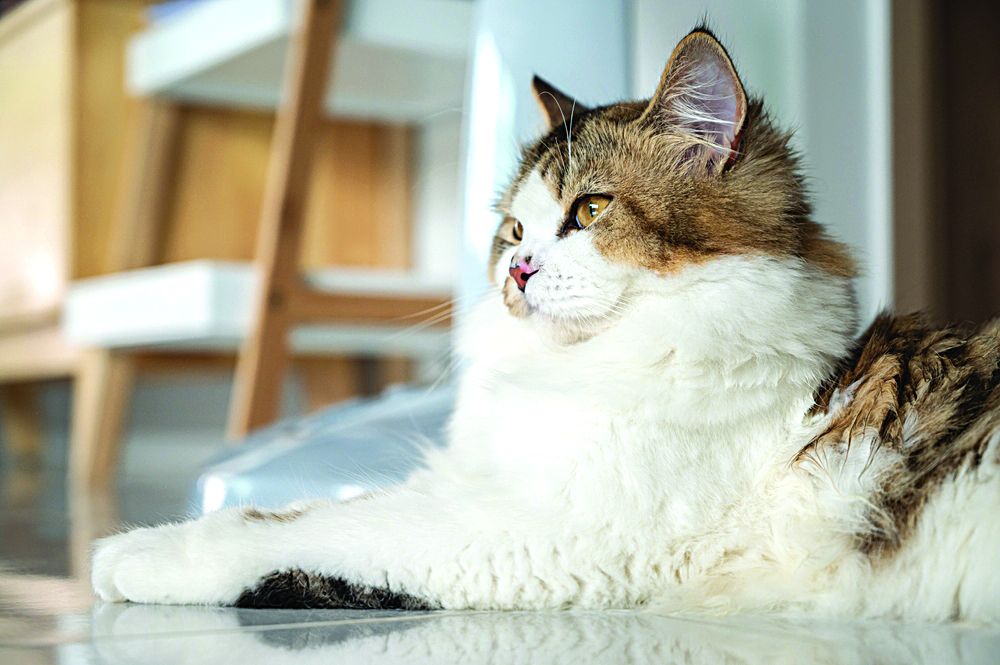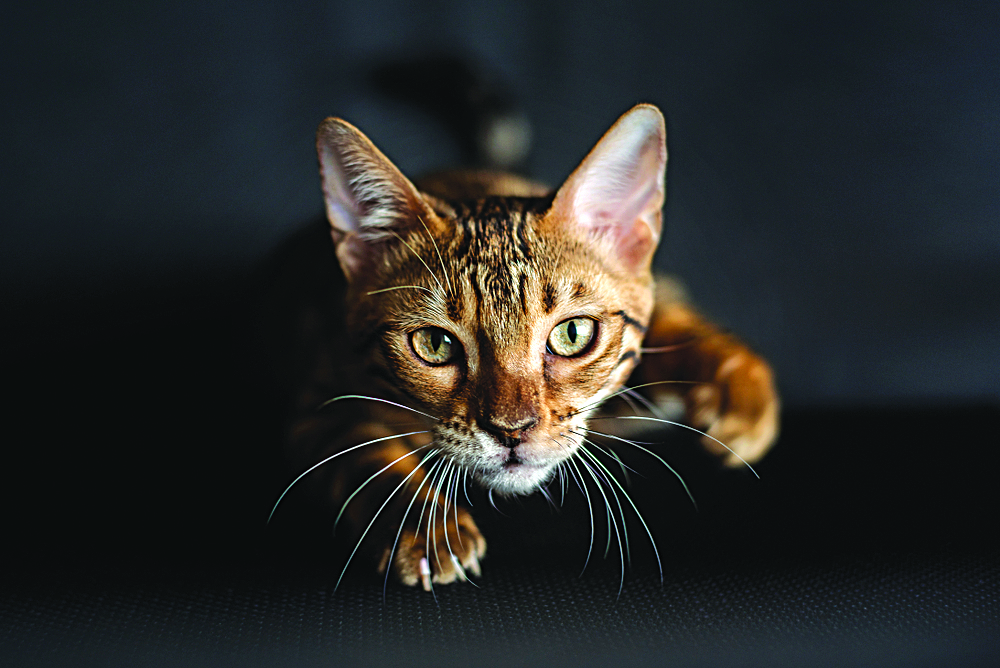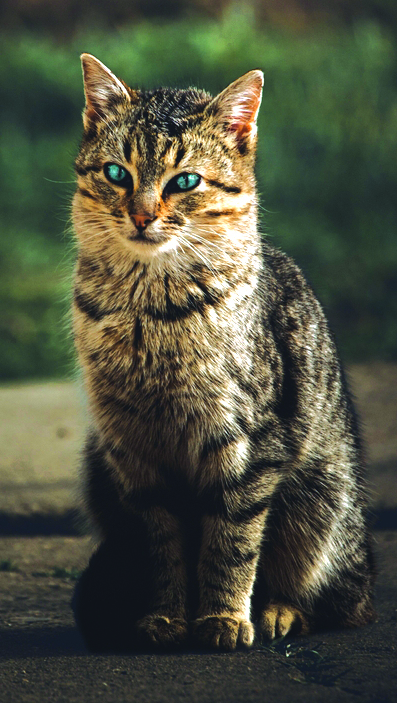THE CULT OF THE CAT HATER

Every animal companion has its fans and detractors, but few animals are as divisive as the common household Cat. While some people just don’t like Dogs, Snakes, Hamsters, Goldfish, and so on, only Cat haters seem to go out of their way to tell others how deserving of scorn cats are.
A 2014 Vox article by Joseph Stromberg went to the trouble of making the point that we shouldn’t “house an animal [who] doesn’t love you, manipulates your emotions to get food, and helps to eradicate endangered species.” One wonders what a Cat ever did to the author to compel him to write such a demolition piece on our loveable felines.
Despite the scientific-sounding mansplaining by Stromberg and other Cat haters, the science just doesn’t hold up. Worse, Cat-hating is more of a statement about the hater than it is about Cats.
Cat hating might even be rooted in misogyny.
CATS ARE NOT DOGS. DON’T EXPECT THEM TO ACT LIKE ONE
Haters point to the Cat’s seemingly aloof nature as proof that they don’t care about their people, often comparing them to Dogs to make this argument. What this really proves is that haters have never spent significant time with Cats.
Dogs have been selectively bred to become almost obsessively dependent on humans, and in unfamiliar settings, they look to their people for stability and comfort, just as children do. Cats, on the other hand, deal with things inside their own heads, according to John Bradshaw, author of Cat Sense: How the New Feline Science Can Make You a Better Friend to Your Pet.

A creature who does not rush to your aid in an unusual situation does not necessarily have a cold, indifferent heart. Some couples attend parties while holding hands and mostly talking to one
another. Others separate themselves when they arrive, mingle, and meet new people. But when it’s over, they still leave together.
Similarly, your cat is an explorer and a mingler.
CATS ARE CONSENT CREATURES
Cats are well-known for needing boundaries, independence, and consent. They have their own thoughts and require trust and respect. They prefer people who respect their boundaries and give them space.
Many Cats are very clear about when they want attention and when they do not, but people who dislike them usually do not understand this. People try to pet or pick them up and then have a bad experience with them, which they think justifies their hatred for the entire species when they should have been giving Cats the space they require.
Misogyny is still deeply embedded in almost every aspect of our society. Hatred of women is common and is often the targets of unnecessary violence. Is it a coincidence that Cats are abused at a higher rate than other domestic animals, and that they, like women, are victims of hatred manifested in the form of violence?
As Maddie Quiggley writes in Her Campus in a 2021 piece, the parallel between Cats and women is obvious, with people disliking things over which they have no control. Like women, Cats require boundaries, consent, respect, and independence. When these are taken away, they will obviously not behave well.

HEADS UP TO ALL ENVIRONMENTALIST CAT HATERS!
Dogs have a much larger carbon footprint than Cats do, which pokes holes in the argument that Dogs are better for the environment than Cats.

HOUSECATS ARE POOR HUNTERS
As it turns out, if your Cat was not born feral or on a farm, they are most likely a clumsy hunter. Birds and Rodents can easily escape from their slow, obvious approach.
According to Bradshaw, cats learn to kill from their mothers. In the wild, a kitten will accompany the mother on numerous hunts during the first eight weeks of life. The mom teaches sneaking up on prey and pouncing with deadly precision.
Housecats born at home or to breeders, on the other hand, miss this critical step. Instead, kittens spend their first eight weeks yowling at cotton balls and strings.
Unless your animal companion was trained in the art of war before the end of their second month — a critical period in their development — then they are probably useless against live prey (even if they do sometimes get lucky).
Whenever the local Birds or fauna are threatened by Cats, these usually turn out to be feral ones.
CAT HATERS SOUND LIKE INCELS

We’re told that women are “complex” and that men can’t possibly understand them. It also suggests that women’s contradictory reactions to boundary violations are not the men’s fault.
Maybe, if more men talked to and got to know women, we wouldn’t have this problem.
This is a major warning sign for women: If a man can’t even be bothered to grasp why a Cat is hissing at him, he might not listen to an explanation of why a woman is upset with him.

CATS DESERVE BETTER
Some of the hostility directed at Cats is poisonous and vicious. We not only accept but normalize such behavior, while we would never tolerate it if directed at Dogs. We often consider Dog hatred to be irrational or abnormal and react strongly when we hear of it. But often, we shrug off or at least pointedly ignore Cat-hating behavior.
This has to stop.
Cats who are at ease are more receptive to being petted and socialized with. When their basic needs are met, such as with water, food, bedding, and a litter box, they are more likely to venture out and experiment with new friendships.
Don’t be discouraged if you get home and discover a Cat silently watching you from the couch or leisurely yawning as it pads down the hall. They’re letting you know it’s nice to see you, in their own understated way.






